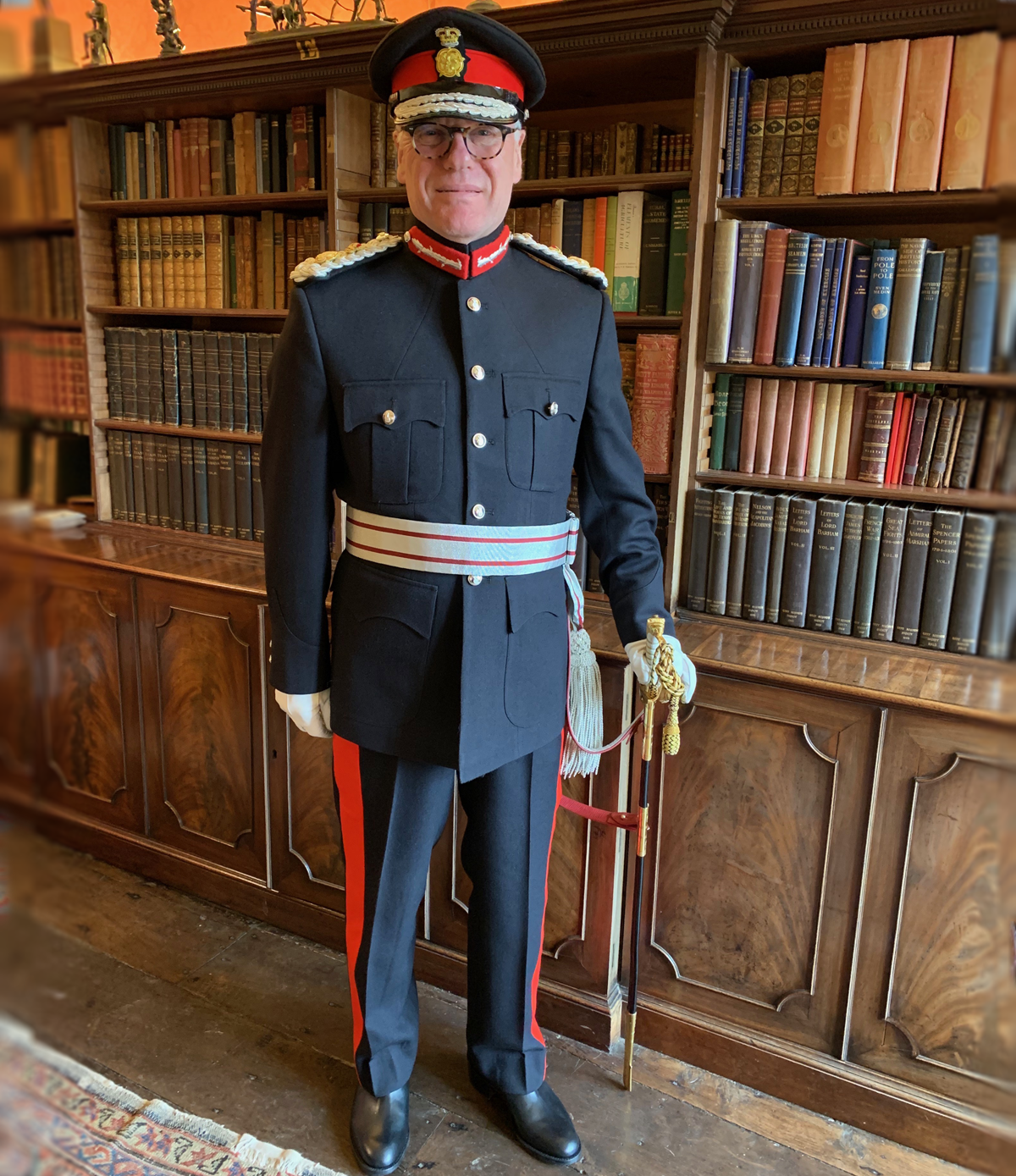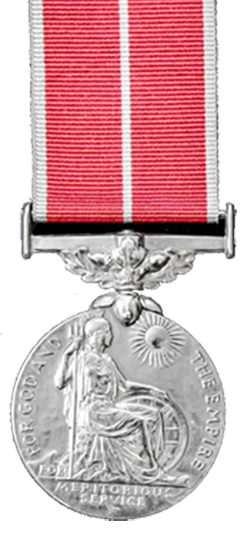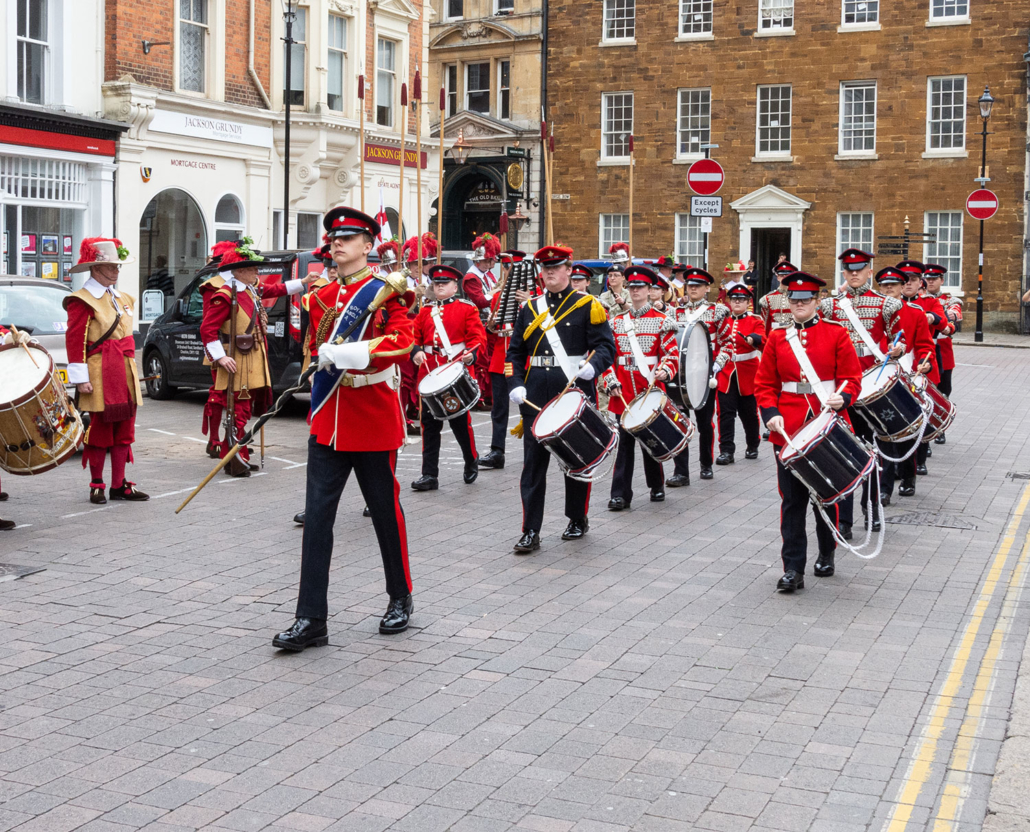History of The Lieutenancy
Northamptonshire features very early in the history of the Lieutenancy and we can be justifiably proud of the County’s presence and influence in some significant periods in England’s history.
Thanks to the survival and publication of ‘musters’ books kept in the late Elizabethan and Jacobean period, augmented by a set of papers relating to the period of the Lieutenancy of Sir Christopher Hatton (1586-1591), we know a good deal about the early history and activities of the Lieutenancy.
Duties of The Lord-Lieutenant
The fundamental principle concerning the office of Lord-Lieutenant is that he/she is His Majesty’s representative in the County and consequently it is the first and foremost duty to uphold the dignity of the Crown.
The Lord-Lieutenant, following the example of His Majesty The King, seeks to promote a good atmosphere and a spirit of co-operation by the encouragement given to voluntary services and to benevolent organisations, and by the interest taken in the industrial and social life of the County.
The Vice Lord-Lieutenant
The Lord-Lieutenant of a County, with His Majesty’s approbation, may appoint a Lieutenant or Deputy Lieutenant of the County to be Vice Lord-Lieutenant.
A nomination by the Lord-Lieutenant for the appointment of a Vice Lord-Lieutenant is submitted to the Prime Minister in order that the approval of His Majesty The King may be obtained. The Vice Lord-Lieutenant’s appointment automatically lapses when the Lord-Lieutenant who appointed him, ceases to be Lord-Lieutenant.
Awards & Honours
Anybody in the UK can make a recommendation for a British national to receive an honour as long as they are not a family member. The aim is to ensure that the large numbers of people who are not in the public eye who give valuable service are recognised. They could be charity volunteers, members of the emergency services or Armed Forces, industrial pioneers or specialists in various professions.
The Lord-Lieutenant’s Cadets
The Lord-Lieutenant is able to appoint young people from the Cadet Forces to become Lord-Lieutenant’s Cadets. These cadets are chosen from the Sea Cadets, Army Cadets and Air Training Corps and stay in this role for one year. The cadets are chosen as recognition of their outstanding contribution to their cadet community and are recommended to the Lord-Lieutenant by their senior offices.
Protocol & Precedence
The Lord-Lieutenant has precedence of a Chairman over a District Council but will wish to extend him every courtesy and to impinge as little as possible on his civic functions. If the presence of the Lord-Lieutenant is required at a civic ceremony at which the Chairman of a District Council is to arrive in procession, the Chairman’s procession should precede the arrival of the Lord-Lieutenant.
The High Sheriff
Although the office of Lord-Lieutenant has precedence over that of the High Sheriff, the office of High Sheriff is of great antiquity and the office originated with the sir reeve in the Anglo-Saxon times. The Normans continued with Sheriff and Under-Sheriffs after the conquest.








